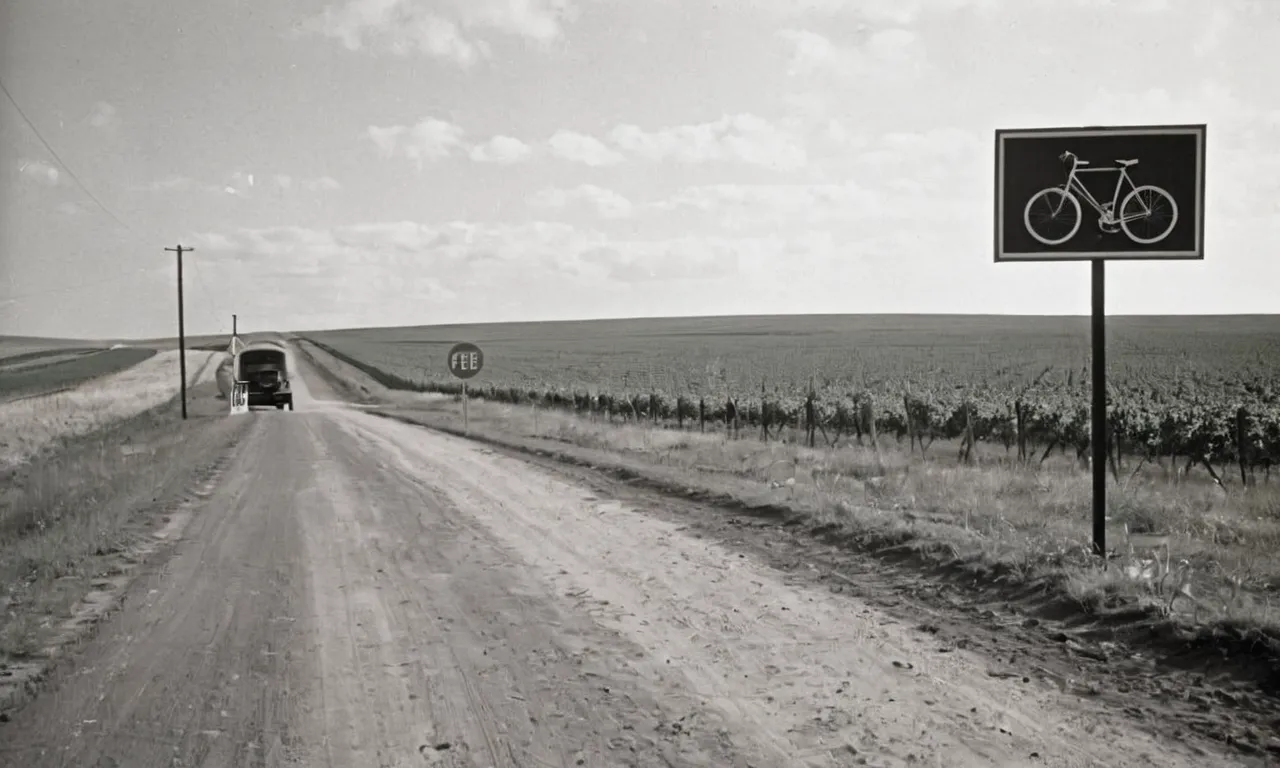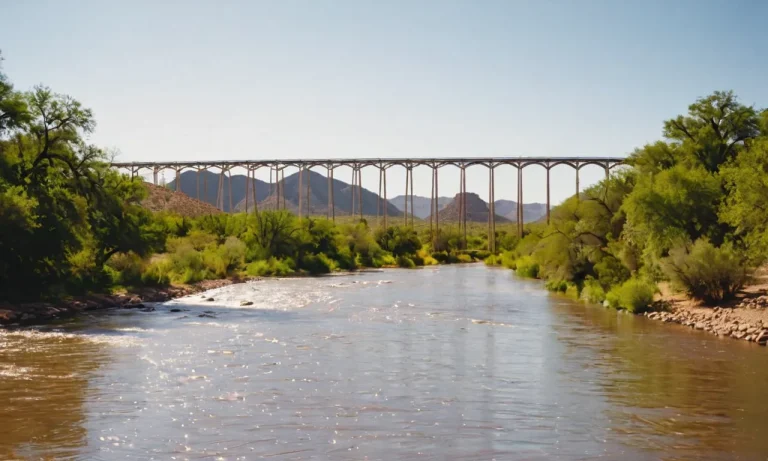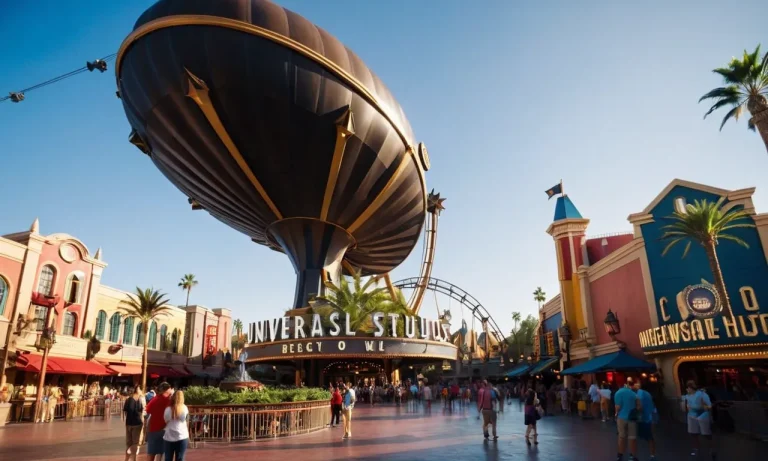Is Gas Free Anywhere In The World?
With gas prices skyrocketing around the world, many drivers desperately wish they could find free gas. If you’re wondering if free gas exists anywhere on the planet, read on for a comprehensive answer.
If you’re short on time, here’s a quick answer: While completely free gas is rare, some places do offer subsidized or discounted gas prices for certain groups of people.
In this nearly 3,000 word article, we’ll explore whether gas is truly free anywhere globally. We’ll look at countries that heavily subsidize fuel costs, places with large oil reserves that can offer cheaper gas, and situations where select groups like politicians receive free gas.
Countries With Heavily Subsidized Gas Prices
Gasoline prices vary greatly around the world, with some countries heavily subsidizing the cost of fuel for their citizens. In these countries, gas prices can be significantly lower compared to other nations. Let’s take a look at some countries where gas prices are heavily subsidized.
Venezuela
Venezuela is known for having some of the cheapest gas prices in the world due to heavy government subsidies. In fact, the price of gasoline in Venezuela is so low that it is practically free for its citizens.
This is largely due to the country’s vast oil reserves and government policies aimed at keeping fuel affordable for its people. However, it’s important to note that the economic and political situation in Venezuela has led to a shortage of gasoline in recent years, making it challenging for citizens to access even the subsidized fuel.
Saudi Arabia
Saudi Arabia, the world’s largest oil exporter, also heavily subsidizes gas prices for its citizens. The government sells gasoline at a heavily discounted rate, making it one of the cheapest countries in the world to fill up your tank.
The low gas prices in Saudi Arabia are a reflection of the country’s abundant oil reserves and its commitment to providing affordable fuel for its population. However, it’s worth mentioning that the Saudi government has been gradually reducing fuel subsidies in recent years as part of its economic reforms.
Iran
Iran is another country where gas prices are heavily subsidized. The government in Iran provides its citizens with gasoline at a significantly lower price compared to the global average. This is possible due to the country’s large oil reserves and government policies aimed at keeping fuel prices affordable.
Like Venezuela, Iran has faced challenges in recent years due to economic sanctions and political instability, which have affected its ability to maintain a steady supply of gasoline.
Turkmenistan
Turkmenistan, a country in Central Asia, is known for its heavily subsidized gas prices. The government in Turkmenistan provides its citizens with gasoline at a very low cost, making it one of the cheapest places in the world to fill up your tank.
This is made possible by the country’s significant natural gas reserves, which are used to produce gasoline. However, it’s important to note that Turkmenistan is a relatively small country, and its gas subsidies primarily benefit its own citizens rather than having a global impact on gas prices.
It’s worth noting that while these countries heavily subsidize gas prices for their citizens, this can have significant economic implications. Subsidizing gasoline often puts a strain on government budgets and can create inefficiencies in the economy.
Additionally, it’s important to consider the environmental impact of heavily subsidized gas prices, as they can lead to increased consumption and carbon emissions.
For more information on gas prices and subsidies around the world, you can visit websites such as Global Petrol Prices or U.S. Energy Information Administration.
Nations With Abundant Oil Reserves
Qatar
Qatar is one of the nations with abundant oil reserves. Located in the Middle East, Qatar is known for its significant oil and natural gas reserves. The country is considered one of the top producers of liquefied natural gas (LNG) globally.
According to the U.S. Energy Information Administration, Qatar’s proven oil reserves are estimated to be around 25 billion barrels, making it one of the world’s largest oil exporters. The revenue generated from oil and gas exports has played a vital role in boosting Qatar’s economy, allowing it to invest in various sectors and develop infrastructure projects.
United Arab Emirates
The United Arab Emirates (UAE) is another nation that boasts abundant oil reserves. The UAE is made up of seven emirates, including Abu Dhabi, which is home to the majority of the country’s oil reserves.
The UAE ranks among the top oil producers globally and has been a significant player in the oil industry for several decades. With proven oil reserves of around 105 billion barrels, the UAE has a substantial contribution to the global oil market.
The revenue generated from oil exports has played a crucial role in the UAE’s economic development and diversification efforts.
Kuwait
Kuwait is also renowned for its abundant oil reserves. Located in the Arabian Peninsula, Kuwait is one of the world’s top oil-producing countries. The nation has proven oil reserves of approximately 101.5 billion barrels, making it one of the largest oil reserves globally.
The oil industry is the backbone of Kuwait’s economy, with oil exports accounting for a significant portion of the country’s revenue. Kuwait has invested heavily in the oil sector, employing advanced technologies to maximize production and maintain its position as a key player in the global oil market.
Canada
While Canada may not be typically associated with oil-rich nations, it is home to vast oil reserves. Canada’s oil reserves are primarily found in the oil sands of Alberta. The oil sands are a combination of bitumen, a heavy crude oil, and sand.
Canada’s proven oil reserves are estimated to be around 170 billion barrels, making it one of the largest oil reserves globally. The oil sands industry has significantly contributed to Canada’s economy, providing employment opportunities and attracting investments.
However, the extraction and processing of oil sands come with environmental challenges that require careful management.
These nations with abundant oil reserves play a crucial role in meeting global energy demands and shaping the oil market. Their oil resources have not only fueled their own economies but have also contributed to the stability of global energy markets.
It is important for these countries to continue investing in sustainable practices and diversifying their economies to ensure long-term prosperity.
Groups That Receive Free Gas
Government Officials
One group that often receives free gas is government officials. This includes politicians, civil servants, and other individuals who work for the government. Many countries provide free gas to these individuals as part of their employment benefits.
The rationale behind this is that government officials often have to travel extensively for work purposes, and providing them with free gas helps to offset some of their expenses. However, it’s important to note that this practice varies from country to country, and not all government officials receive this perk.
Military Members
Another group that commonly receives free gas is military members. Military personnel, including active-duty members and veterans, may be eligible for gas allowances or fuel cards that cover their transportation expenses.
This is because military jobs often require frequent travel, and providing free gas is a way to support and recognize the sacrifices made by these individuals. It’s worth mentioning that the availability of free gas for military members varies by country and military branch.
Rewards Program Members
Some rewards programs offer their members the opportunity to earn free gas. These programs are usually offered by gas station chains or credit card companies. Members earn points or rewards for their purchases, which can then be redeemed for free gas or discounted fuel prices.
This not only incentivizes loyalty to specific gas stations or credit cards but also provides a benefit to customers who frequently use gas as part of their daily routines. It’s a win-win situation for both the customers and the companies involved.
It’s important to note that while these groups may receive free gas under certain circumstances, it’s not the case that gas is completely free everywhere in the world. Gas prices are influenced by numerous factors, including global oil prices, taxes, and local regulations.
Therefore, it’s always a good idea to check the current gas prices and any available discounts or rewards programs in your area.
The True Cost of ‘Free’ Gas
Gasoline is an essential commodity in our modern society, powering our vehicles and keeping transportation systems running smoothly. With the rising prices of gas, it’s no wonder that people are constantly on the lookout for ways to save money at the pump.
The idea of “free” gas may sound enticing, but is it really possible to find gas without paying a dime anywhere in the world?
The Illusion of Free Gas
While there may be occasional promotions or giveaways that offer free gas, the reality is that gas is not truly free. The cost of producing, refining, and distributing gasoline is significant, and someone has to pay for it.
In most cases, when you see “free” gas, it is usually a marketing ploy or a temporary promotion aimed at attracting customers. These promotions often come with certain conditions or requirements, such as making a purchase or signing up for a service.
Hidden Costs and Trade-offs
Even if you manage to find a way to get free gas, there are hidden costs and trade-offs to consider. For example, some companies may offer free gas as part of a rewards program or loyalty scheme. While this may seem like a great deal, you may need to spend a significant amount of money or meet certain criteria to earn those free gallons.
In the end, you might actually be spending more money on other products or services just to get the free gas.
Furthermore, some countries heavily subsidize gas prices to make it more affordable for their citizens. While this may seem like a good thing in the short term, it can have negative consequences in the long run. Subsidies can put a strain on a country’s economy and lead to budget deficits.
Additionally, artificially low gas prices can encourage overconsumption and discourage the development of alternative, more sustainable energy sources.
Seeking Efficiency and Alternatives
Instead of chasing after the elusive idea of free gas, it may be more practical to focus on improving fuel efficiency and exploring alternative energy sources. By adopting fuel-efficient driving habits, maintaining your vehicle properly, and considering alternative transportation options such as public transit or cycling, you can significantly reduce your gas consumption and save money in the long run.
Furthermore, the advancements in electric vehicles (EVs) are offering a promising alternative to traditional gasoline-powered cars. EVs are becoming increasingly affordable and accessible, with a growing number of charging stations available worldwide.
Transitioning to electric vehicles not only reduces our dependence on fossil fuels but also contributes to a cleaner and greener future.
So, while the idea of free gas may seem appealing, it is important to understand the true costs and trade-offs associated with it. By focusing on efficiency and exploring alternative energy sources, we can make smarter choices that benefit both our wallets and the environment.
The Future of Gas Prices and Subsidies
Gas prices have always been a topic of concern for consumers around the world. With the constant fluctuation in oil prices and geopolitical tensions affecting oil-producing countries, it’s no wonder that people are looking for ways to reduce their reliance on fossil fuels.
One question that often comes up is whether there are any places in the world where gas is free. Let’s explore the future of gas prices and subsidies.
The Role of Subsidies
Subsidies play a significant role in determining the cost of gas in many countries. Governments often provide subsidies to artificially lower the price of gas for their citizens. These subsidies can vary in size and duration, depending on a country’s economic policies and energy goals.
While subsidies may provide temporary relief for consumers, they can also have negative consequences, such as distorting market prices and hindering the development of alternative energy sources.
Global Gas Price Trends
The future of gas prices is influenced by various factors, including global demand, supply, and geopolitical events. While it is unlikely that gas will ever be completely free, there are countries where the cost of gas is significantly lower due to government subsidies or abundant natural resources.
For example, in Venezuela, gas prices are heavily subsidized by the government, making it one of the cheapest places to fill up a tank. On the other hand, countries like Norway have higher gas prices due to high taxes aimed at promoting renewable energy and reducing carbon emissions.
Shift towards Renewable Energy
As the world becomes more conscious of the environmental impact of fossil fuels, there is a growing shift towards renewable energy sources. This shift is driven by factors such as climate change concerns, technological advancements, and government incentives.
Renewable energy alternatives like electric vehicles and hydrogen-powered cars are becoming more affordable and widely available, reducing the dependence on traditional gasoline-powered vehicles.
According to the International Energy Agency (IEA), the global demand for natural gas is expected to grow over the next decade, but at a slower pace compared to renewable energy sources. This suggests that while gas will continue to be an important energy source, its dominance may gradually decrease as renewable technologies become more prevalent.
Conclusion
While very few places offer completely free gas, some nations provide heavy fuel subsidies that make prices much cheaper than the global average.
Oil-rich countries in the Middle East heavily discount costs for citizens, and some groups like politicians and military members receive free gas as a perk.
But even in subsidized situations, the gas isn’t entirely free – taxpayers ultimately foot the bill. As countries rethink incentives that strain government budgets and accelerate climate change, truly free gas may become even rarer.








